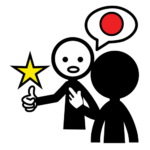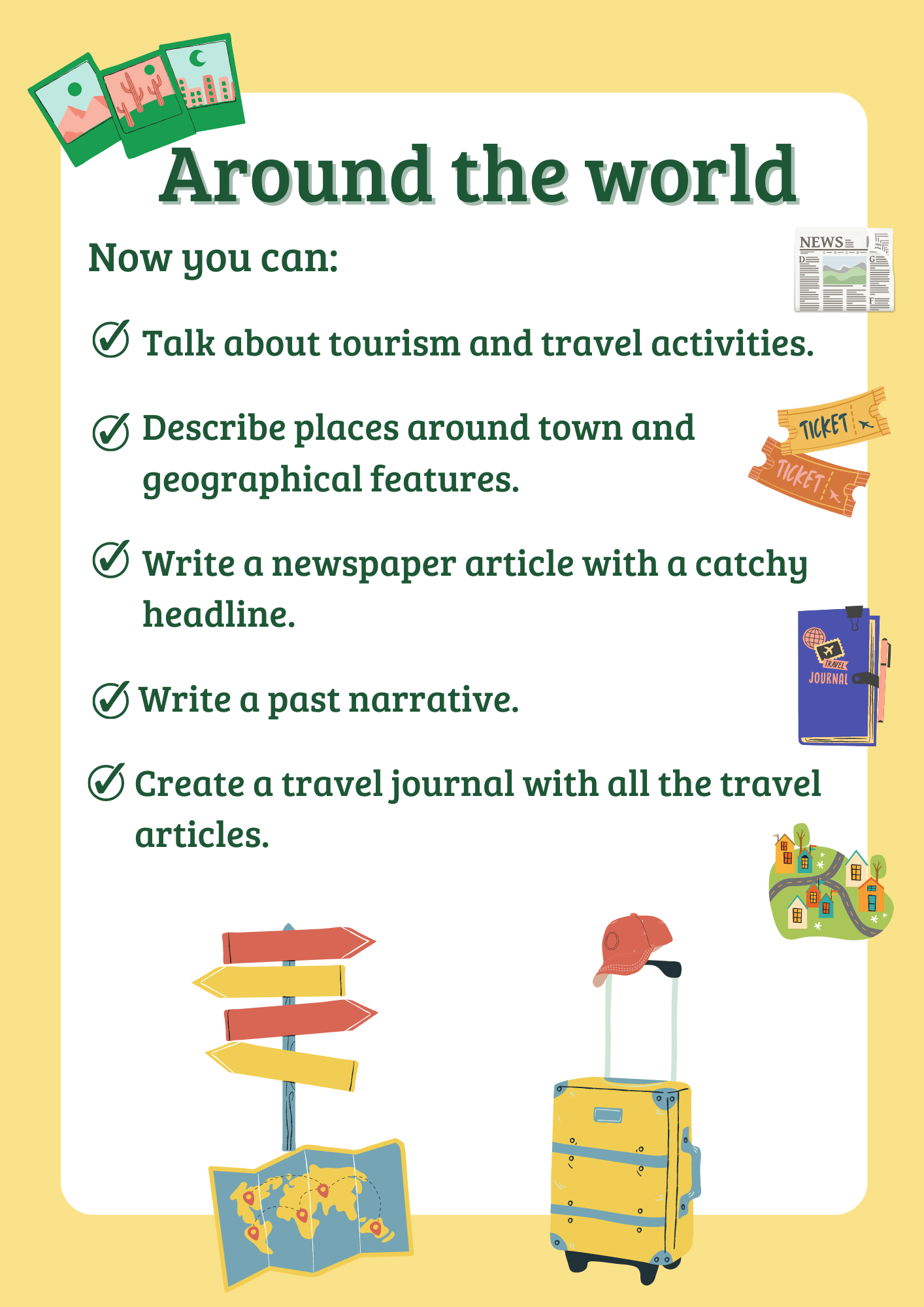To conclude, let's remember the strategy or "trick" that you have learned during this challenge.
We taught you this strategy or "trick" and you worked on it in the section 4.2 “It’s all about the memories”
Go back to that section and review for a moment what it consisted of and how it helped you to achieve the challenge we proposed to you.
Now open the Learning Diary and complete the last page. In this section you will keep valuable information about the strategy, in which activities you have applied it, whether it has been useful and what has been the most difficult for you.
Remember:
- Ask your teacher whether you will fill it in on paper or on the computer.
- If you fill it in on the computer, don't forget to save it on your computer when you finish it!
Keep up the good work, you're doing great!
¿Necesitas más ayuda?
Para concluir, vamos a recordar la estrategia o el “truco” que has aprendido durante este reto.
Esta estrategia o “truco” te lo enseñamos y lo trabajaste en el apartado 4.1 “Come into fashion”.
Vuelve a dicho apartado y repasa un momento en qué consistía y cómo te sirvió para llegar a conseguir el reto que te proponíamos.
Abre ahora el Diario de Aprendizaje y completa su última página. En este apartado guardarás información valiosa sobre la estrategia, en qué actividades las has aplicado, si ha sido útil y qué te ha resultado más difícil.
Recuerda:
- Pregunta a tu profesor o profesora si la rellenarás en papel o en el ordenador.
- Si la rellenas en el ordenador, ¡no te olvides de guardarla en tu ordenador cuando la termines!
¡Sigue trabajando así! ¡Lo estás haciendo genial!



 What an interesting trip!
What an interesting trip! We travel with your travel diaries.
We travel with your travel diaries. You share these journals in the website or the school social media.
You share these journals in the website or the school social media. Travelers will use the information and tips.
Travelers will use the information and tips.